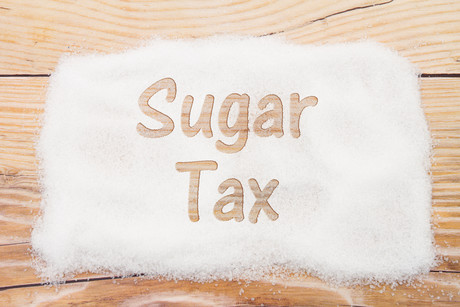What has been the impact of Chile's sugar tax?

As epidemiologists scurry around looking for the cause of rising obesity levels many countries are considering introducing a ‘sugar tax’. Chile introduced a sugar tax on soft drinks in 2014 — has it been effective?
It seems that in Chile the tax has been effective in reducing consumption of sugary drinks but this has not impacted the socioeconomic inequalities in diet-related health, according to an international research team led by academics from the University of York.
The team analysed household grocery purchasing data from Chile for three years before the tax was introduced and for one year afterwards.
The policy targeted any non-alcoholic beverages to which colourants, flavourings or sweeteners have been added. For beverages with an added sugar concentration of 6.25 g/100 mL or more, the existing tax was increased from 13% to 18%; while for those below this threshold, the tax was decreased from 13% to 10%, producing an 8% tax difference.
For example, the tax change, if fully transmitted to the consumer, would increase the prices of a 500 mL sugary beverage from 500 pesos to 525 pesos, and it would drop the price of an equally priced non-sugary beverage to 485 pesos.
The authors of the report conclude that despite the tax incentive being comparatively small, there are signs that purchasing of beverages with higher sugar content declined, particularly among high socioeconomic groups.
The study revealed an overall 21.6% decrease in the monthly purchased volume of the higher taxed, sugary soft drinks. Among middle and high socioeconomic groups, the monthly purchased volume fell by 16% and 31%, respectively. There was a 12% reduction in purchase volume for the low socioeconomic group.
However, this was statistically insignificant. By contrast, the volume of non-sugary soft drinks, for which the tax rate had been decreased, showed no increase in purchased volume for any socioeconomic groups.
"The results suggest that the Chilean tax policy may have been effective in reducing consumption of sugary drinks, though not necessarily to reduce socioeconomic inequalities in diet-related health. Further evaluations are needed to analyse the policy effect on purchasing of soft drinks in the long run as well as to evaluate the impact on health outcomes," said Marc Suhrcke, Professor of Global Health Economics at the University of York.
Professor Cuadrado from the University of Chile said: "Our results suggest an overall reduction of sugar consumption after the implementation of the tax in Chile. From a public health perspective, even a small reduction in sugar intake at the population level could lead to significant health gains.
"Other countries may take heart from our findings, in that it indicates that the tax incentive may not need to be huge to have impact. It also shows that there may be more than one way in which an SSB tax can be implemented with some success," he added.
The study is published in the journal PLOS Medicine.
'Tariff man' wins: What does this mean for F&B industry?
Donald Trump's tariff plans on all imports to the US could cause challenges for Australia now...
Mars Petcare Wodonga to power up with renewables
Construction is underway on the $39.3 million Mars Wodonga Solar Thermal Plant, which is set to...
Food and drink trends that will disrupt the status quo in 2025
Growing popularity of weight-loss drugs, changing consumer preferences, food supply disruptions...














